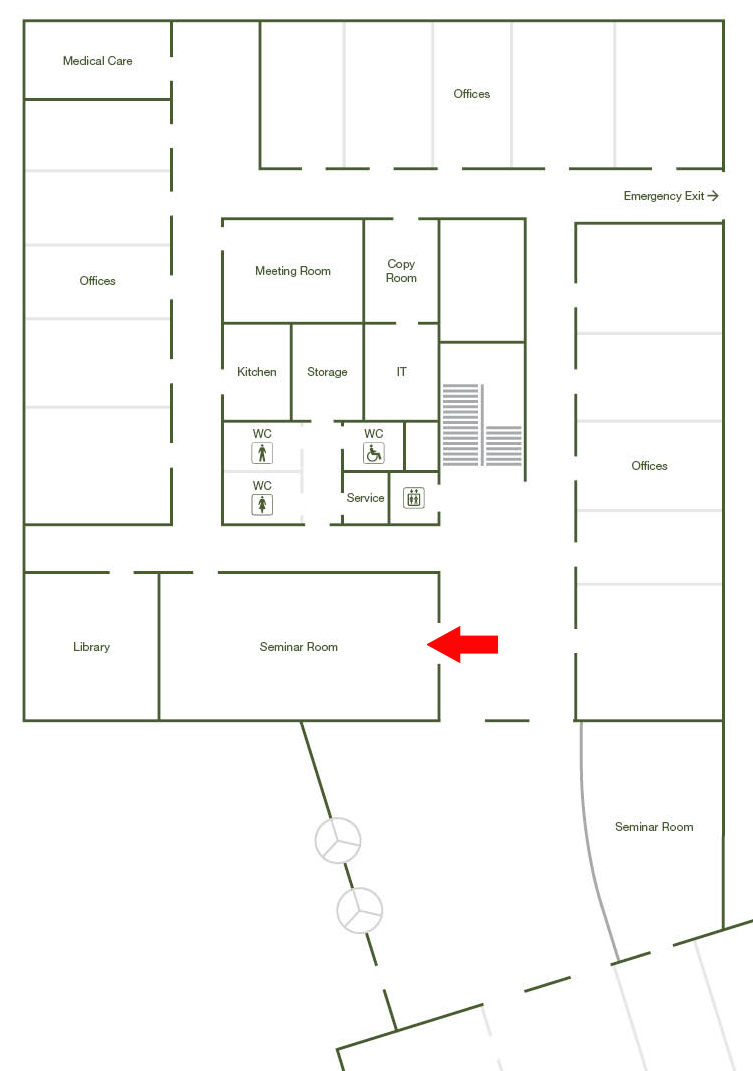Targeting Proteostasis to Treat Amyloid Diseases
Date
Monday, February 13, 2017 08:45 - 09:45
Speaker
Lars Plate (The Scripps Research Institute)
Location
Seminar room Big Ground floor / Office Bldg West (I21.EG.101)
Series
Seminar/Talk
Tags
Life Sciences Seminar
Contact

Amyloid diseases are characterized by the extracellular aggregation and deposition of misfolding-prone proteins, which leads to tissue degeneration. Few general therapeutic strategies exist to treat amyloid diseases due to the large variation in disease-associated amyloidogenic proteins as well as the range of impacted tissue. Here, I describe a broadly applicable approach for treatment by targeting endogenous protein quality control pathways in the cells producing the amyloidogenic proteins. Preferential reprogramming of the ER proteostasis network through activation of the Unfolded Protein Response-associated transcription factor ATF6 attenuates the secretion and extracellular aggregation of structurally-distinct amyloidogenic proteins. This seminar will also describe mechanistic insights into how preferential remodeling of the ER proteostasis network can influence the quality control decisions for destabilized proteins through and altering engagement of chaperones and quality control factors. Finally, I will discuss the identification and characterization of first-generation small molecule activators of the ATF6 transcriptional program, focusing specifically on their mechanism of action, as well as their impact on proteostasis of the endogenous proteome and disease-associated amyloidogenic proteins.